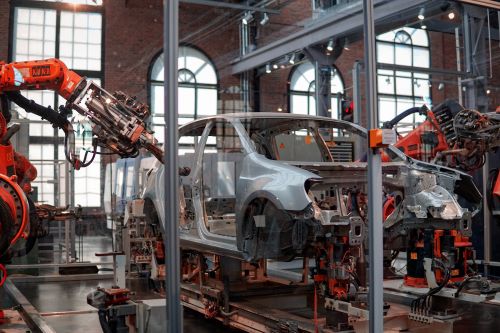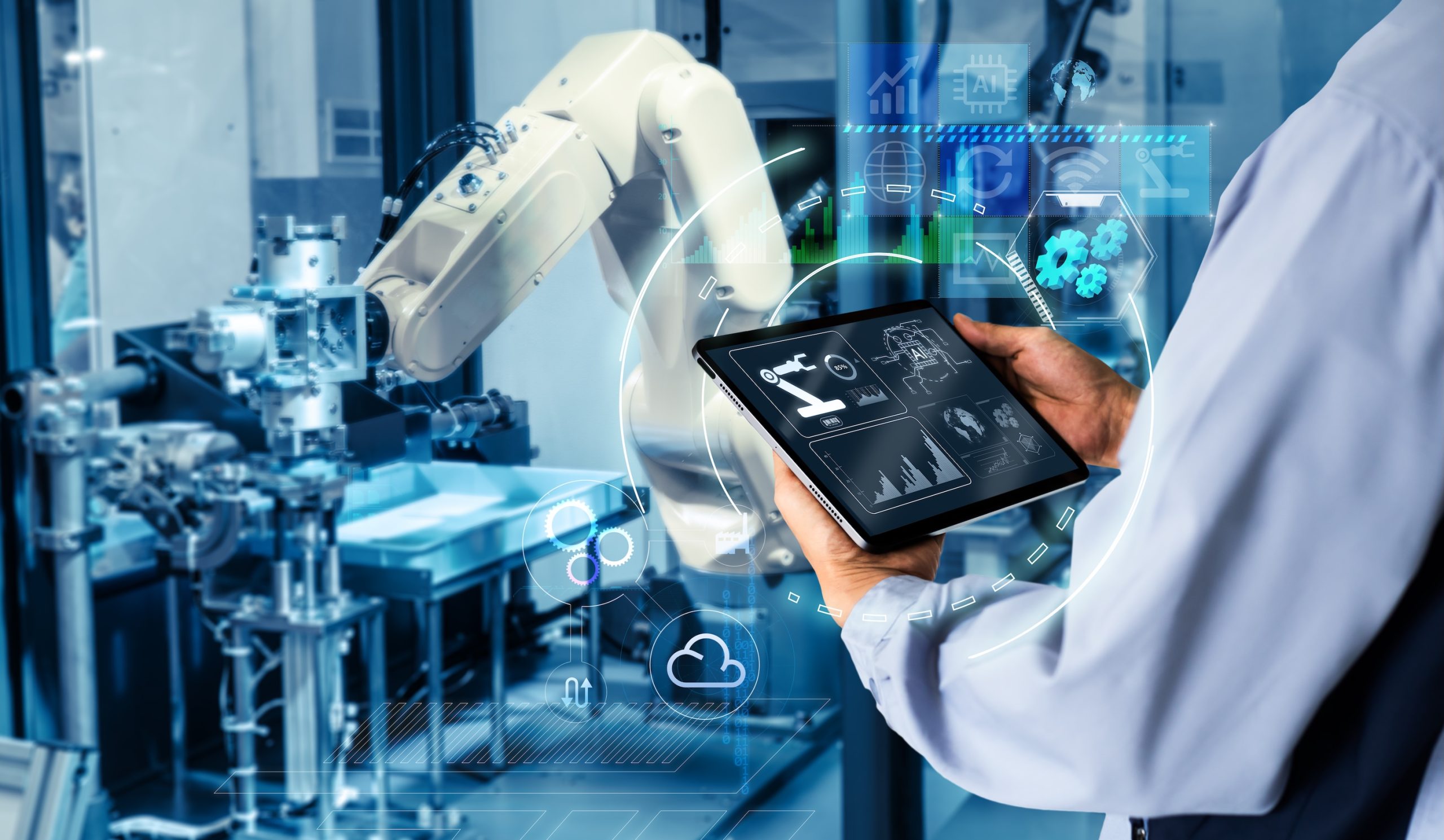Artificial intelligence in the industrial sector
It is undeniable: artificial intelligence is the future of industry. Thanks to robotics and machine learning giant steps, today artificial intelligence is also very popular in the industrial sector. Which are its uses that make it so indispensable?
What is artificial intelligence?
Increasingly widespread in our daily life, artificial intelligence (often known by the acronym AI) is a branch of information technology which manages to create machines capable of understanding and imitating human actions and reactions, through the development of algorithms and with the help of computational linguistics. New artificial intelligence techniques let software and machines carry out human tasks such as speech recognition, decision making, visual perception and linguistic translation (not only between different languages but also between different language codes).
With the progressive digital transformation of the industrial sector, therefore, more and more strategies are being developed for work management optimization within industries. In such cases, AI plays a fundamental role in increasing this development.
Artificial intelligence and machine learning, for example, are the most often used technologies in the industrial sector. They allow data scientists and engineers to develop and analyze enormous volumes of data for the management and optimization of an industry.
In this sector, the application scenarios of artificial intelligence are differentiated and involve both the product design phase and the management of the industrial space, for preventive maintenance and the reporting of anomalies and for constantly regulating the rhythm with which the products are manufactured and designed.
How artificial intelligence is used in industry
AI already takes place in production processes: automated high-performance machines work faster and complete their tasks more efficiently than humans.
Thanks to artificial vision and 3D technologies, these machines are able to maximize the product production process and operate for very long periods of time.
The assistance sector has also gained countless benefits from artificial intelligence, thanks to chatbots implementation for customer assistance. Chatbots are among the most advanced forms of AI which, thanks to machine learning techniques, use self-learning to solve increasingly complex problems alongside customers.
That’s not all: the industrial transport sector is also becoming electronically smarter thanks to artificial intelligence. Autonomous vehicles have been implemented in the world, such as means of transport that use autonomous driving, capable of perceiving the surrounding environment and move without the interference of a human being.
Smart warehouse management thanks to AI
Even the sales sector, especially e-commerce, is discovering different ways to implement the use of artificial intelligence in warehouse management.
It goes without saying that both artificial intelligence and robotics still have a long way ahead before they can actually develop thoughts by themselves, yet even in sales they optimize productivity and offer a whole new experience inside warehouses. But how?
Efficient use of AI in the ecommerce industry is helping multiple warehouses connect each other’s databases using cloud services and enabling tracking and finding the most effective way to organize and ship products, but this is just one of dozens of uses of AI artificial intelligence in the industrial sector.
The benefits of using artificial intelligence in warehouses
Artificial intelligence can really improve operations performance within the warehouse. Thanks to AI, there are countless advantages that simplify business processes and significantly increase company’s profit margins. Among the main benefits we have:
- Lower costs: incorporating AI into warehouse management can significantly reduce business costs.
- More relevant data: thanks to the market analysis through the algorithms used in artificial intelligence, it is possible to be able to better manage all the data generated by a warehouse, which is of great help for the management and planning of operations.
- Increase and optimize operations: using automated robots in a warehouse is a very effective move. These robots can pick and pack orders very quickly, optimizing the shipping and delivery times of products to their customers.
- Easier inventory management: AI can be used to assess market demand and control inventory of products so they never go out of production if needed.
We can conclude that artificial intelligence is changing the way of managing the modern warehouse. AI is now an indispensable means to improve operations within warehouses, creating faster, more efficient and more flexible systems for industries.






